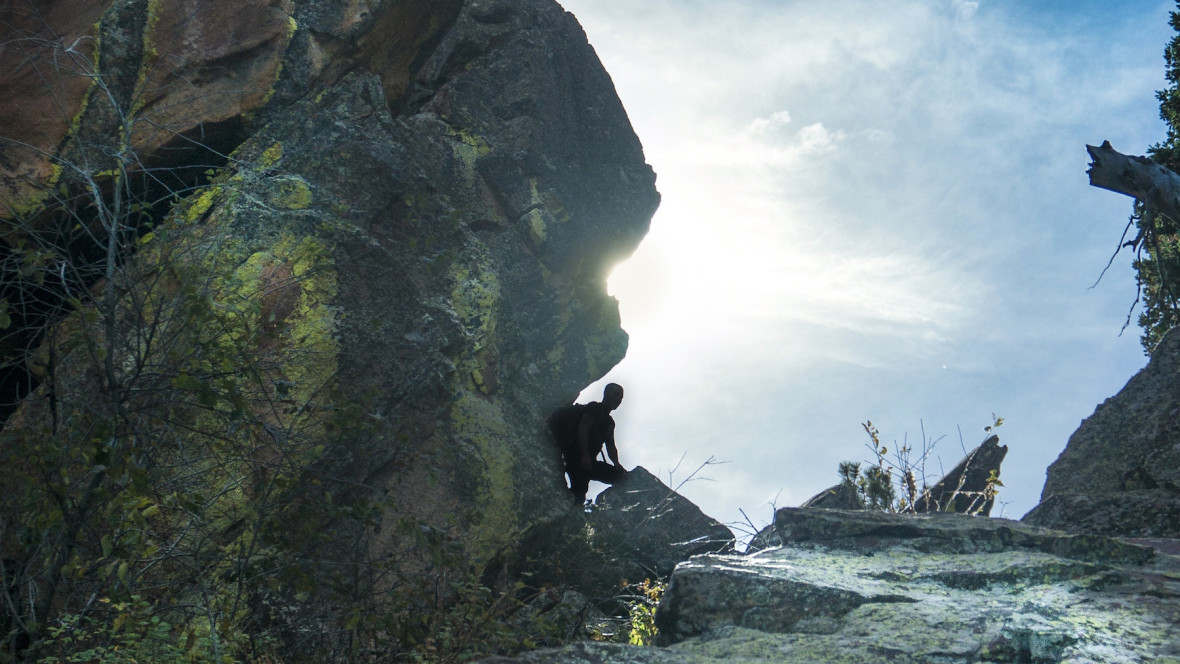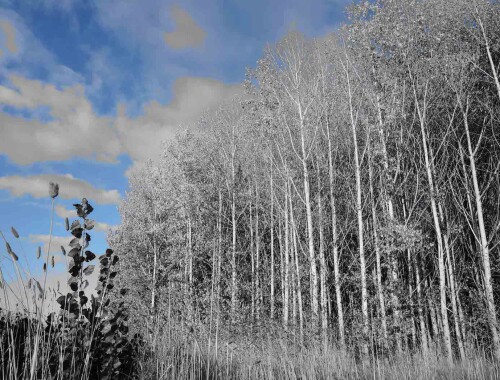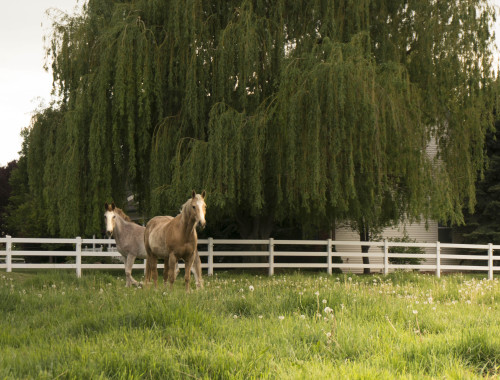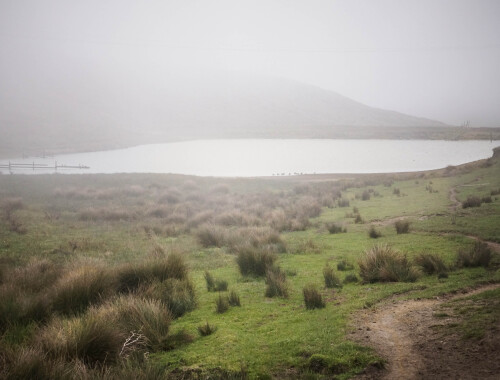I believe that as humans we are built for all things. All feelings. All experiences. I believe this with the fervor of someone who has swung the pendulum of experience pretty wildly for most of my 40 or so years.
Joy. Passion. Victimhood. Oppressive control. Hilarity. Co-dependency. Murderous rage. Apathy. Profound, spine-tickling inspiration. The range of experience here on earth is enormous, and we are wired for all of it.
I like to think of our capacity for experience as an enormous and glorious muscle we get to flex or leave on the couch as we choose. Not everyone flexes all of this muscle, or even some of it. And that’s where I fit free will into my theory. We are free to choose the couch or the flex (or flexing from the couch, which I’ve also practiced pretty extensively).
My belief in this fundamental equality among all people has helped with The Question that has been at me since I was wee. The why are we here at all? question. The big ask that no one else can answer for you, regardless of how human they also might be.
So far my answer goes like this:
I am here to feel, taste, spew words or milk, run marathons or win pie-eating contests, found teaching hospitals, raise little humans, chickens, retreat into silence or sell out stadiums, buy a tractor, inherit a fortune, change my identity, change it again, change careers, partners, locations, find stability, lose it, and find it again, this time with one ear cocked for the punch line.
The more I allow myself to experience—feel—and to keep this aspect of being-ness moving through me, the healthier I am. When an experience moves, it changes. But if it sticks it goes against our basic process of evolution. For me suffering has always and without fail come from the sticking of something, the stagnation.
And aren’t we professional sufferers as much as anything else? We each know the trapped, burning thought streams that keep running over and over through our heads. We know physical suffering and emotional anguish the way we know our own faces—closely, daily, and with an intimacy bordering on fanaticism.
But we also know illumination. The breakthrough. The big shift that pulls someone out of an abusive relationship, a hopeless addiction. Sometimes it pulls a nation off the couch and out into awareness on a scale that we’ve been secretly awaiting no matter how radically it will disrupt our lives.
Covid-19 has disrupted our lives. Racial, class, and systemic inequalities have been disrupting lives for so long they have become our baseline. We have been politically, racially, socially, spiritually and emotionally divided for so long we haven’t even been able to see the gulf for all the years it has swallowed.
Yet something feels different to me with the current collective experience. I have the insistent, growing impression that a new narrative is being born from all this recent feeling. I still overhear a lot of polarization among my neighbors on my park walks, and there is still much confusion clouding us at the moment. But there is also something emerging that is bright as a new, undiscovered element and I’m going to say this anyway, even if it’s a little premature:
I believe we are done with suffering.
Wait? Does this mean we won’t feel pain anymore? That utopia is near?
Unlikely. We are built for pain as much as pleasure, after all. But pain is not suffering just as illumination is not the absence of darkness. I think we’ll always have the gamut of experience on earth, and I think we wouldn’t have it any other way. But I do not think we need to suffer the way we have. To be divided. To play the powerless part.
The organism that we form together is incredibly powerful. Individually we are sparks of that power, but together… together we are an innumerable light.
Our light knows that senseless death is senseless, and will not sanction it. It knows that unity is born from understanding so deep it touches our commonality, makes us gasp, get up, and remember we are free.
Free to change ourselves, our suffering. The world.



